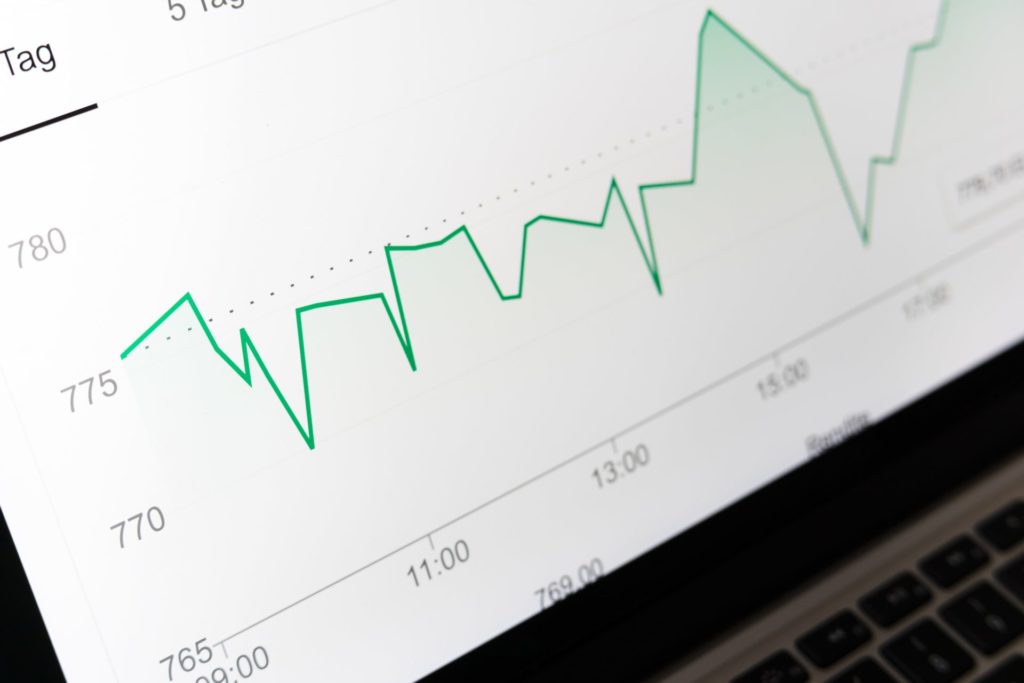Russia’s invasion of Ukraine is having far-reaching consequences for energy security and financial stability in Europe. The conflict in Ukraine has sent energy prices soaring across Europe, and with it, inflation.
European commodities traders now fear that rapidly worsening relations with Moscow could lead to further disruptions to the energy market following record-high gas prices during the winter.
Brent futures topped $110 a barrel on Wednesday, despite 31 countries agreeing to release 60 million barrels of oils from their reserves to satisfy supply.
Russia is the world's third-largest exporter of crude oil. As its relations with the European Union break down, there are fears that the United States Government may soon end its imports of Russian oil, further disrupting the international energy market.
Stung by its own sanctions
Russia’s severance from the international payment system SWIFT is hampering its ability to export precious commodities, such as oil and gas. This has caused a blowback effect in the West, rallying global oil prices.
The price of natural gas has similarly soared, peaking at €194 per megawatt-hour – 60% higher than on Tuesday. There are fears that Russia could seek to shut Europe off from gas supplies.
Europe is actively attempting to diversify its imports of natural gas, developing its “Southern Gas Corridor” to bring gas to the EU from the Caspian Basin, Central Asia, Middle East, and the Eastern Mediterranean Basic.
Nevertheless, Europe is heavily reliant on imports of Russian gas, which hitherto accounted for 40% of its natural gas supply. Any disruption will put Europe’s energy supply under severe and direct strain.
European inflation rising
Already, the increases are being felt by ordinary European consumers. Eurozone inflation soared to a record 5.8% in February on the back of energy prices, according to data from the EU’s statistics agency Eurostat.
Belgium, whose rate of inflation is already well above the European average at over 8%, will be strongly impacted by rising inflation and energy prices. The last time inflation was this high in Belgium was in 1983.
In February, the main drivers of inflation were fuel, electricity, alcohol drinks, vegetables, fruits, heating oils, flowers and plants, and seafood. Natural gas helped lower Belgium’s inflation but the new energy security concerns may reverse this trend.
Related News
- Ukraine war, day 7: Russian paratroopers attack Kharkiv
- Belgian inflation passes 8%; could rise further due to Ukraine conflict
- Belgian mobile operator Proximus raises prices, citing inflation
Inflation on energy has risen to nearly 61% this month. According to Belgian price comparison site Comparateur Energie, over the last six months, Belgian consumers have experienced an average €1394.16 annual increase in the cost of gas, and a €488.06 increase in electricity. Inflation for natural gas is 138.3% compared to the year before.
Belgians feeling the pinch
Belgian consumers will also feel the effects of high inflation in their weekly food shopping since natural gas is used extensively in food processing. Not only is it an important component for manufacturing fertilisers and plastics, it is also used to make many processed foods. Inflation on food products, including alcoholic beverages, was 3% this month.
Belgium is experiencing inflation on goods and services, with 70% of goods and services having an inflation rate of over 2%. Indeed, it is set to be the worst performer in the Eurozone in 2022-2023, according to Eurozone estimates. Dutch bank ING, in an article published on 10 February, described Belgium’s troubles with inflation as a “looming problem”, primarily pushed by energy.
Fortunately for the Belgian economy, there are now positive signs of a recovery after the Covid-19 pandemic which will be assisted by a solid labour market and stable employment.
Belgian economists will be carefully examining the course of the war in Ukraine, as well as rapidly increasing energy prices.

